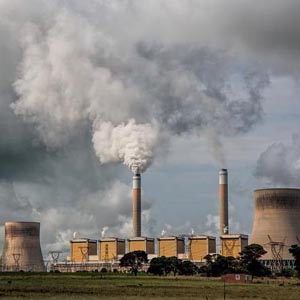From nature to man: Environmental anthropology in the Anthropocene

Accepted: March 21, 2022
All claims expressed in this article are solely those of the authors and do not necessarily represent those of their affiliated organizations, or those of the publisher, the editors and the reviewers. Any product that may be evaluated in this article or claim that may be made by its manufacturer is not guaranteed or endorsed by the publisher.
Authors
The dramatic changes brought by the relationship between humans and their natural environments by different human activities such as the exploitation of natural resources and use of fossil fuels threatens humanity at large. Beside considerable disagreements on when Anthropocene began, it is considered an epochal transformation linked to deterioration of global ecologies, loss of biodiversity and environmental degradation. Environmental anthropologists are contributing both theoretically and by important ethnographic insights in analyzing and understanding the consequences of climate changes in socio-ecological systems worldwide. In this article we provide an overview of main theoretical contributions during the development of environmental anthropology as a discipline. In addition, we highlight the possible Cultural Evolution theory (CE) contribution in climate changes consequences to a socio-ecological system.
How to Cite
PAGEPress has chosen to apply the Creative Commons Attribution NonCommercial 4.0 International License (CC BY-NC 4.0) to all manuscripts to be published.

 https://doi.org/10.4081/jbr.2022.10377
https://doi.org/10.4081/jbr.2022.10377



